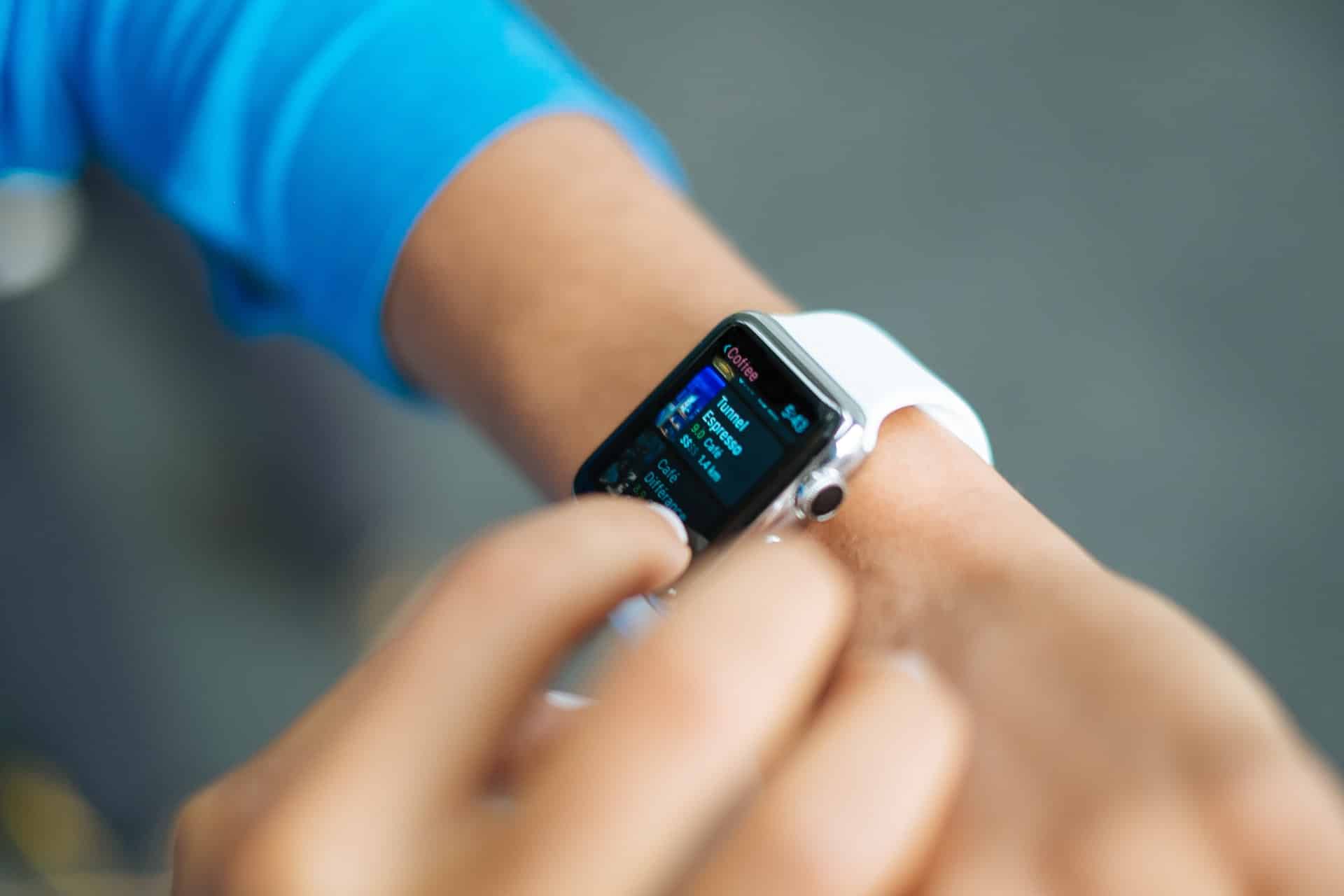With the COVID-19 pandemic leading to a shift in daily routines, people across the globe have found themselves with more time than ever to invest in their well-being.
Wellness is defined as the state of maintaining optimum health through means of a desired goal. Indeed, the wellness industry has continued to pursue new solutions to help consumers achieve and maintain this. The industry now embraces more than physical health alone; improving mental wellbeing is also at the forefront of many wellness products.
The value of the global wellness industry has expanded to $4.5 trillion, and is rising swiftly as it continues to transform the way we view physical and mental health. In this post, we’ll be exploring the top technological advances that have made their mark in the wellness industry within recent years.
IMAGE: UNSPLASH
Wellness Apps
Due to their convenience, it’s perhaps no surprise that wellbeing smartphone apps have exploded in popularity. Through apps such as Strava, MyFitnessPal and Calm, wellness enthusiasts can now easily record all of their health data and goals, from their best running distances to tracking calories and sleep quality.
Advice, support, and connection are the three driving forces behind the success of these apps. As the majority of these apps function as a social media platform with an online community, users can stay motivated by following similar individuals and keeping up with the activities of their friends and family.
Smartwatches And Smart Gym Equipment
When undergoing a dramatic lifestyle change such as dieting and exercise for weight loss, many consumers are now turning to the help of fitness gadgets. Products such as smartwatches, smart water bottles, as well as smart home gym equipment have all become high in demand for fitness-conscious individuals.
From fitness wearables to on-the-go exercise equipment, many consumers are now arguing that these products are advanced enough to replace the average gym goer’s routine. With this in mind, it’s feasible that these products could become the future of fitness for many.
Technology Replacing Cigarettes
While there is still an ongoing body of research into the potential risks of e-cigarettes, one fact is clear: vaping is not as detrimental to the body’s health as smoking. In 2018, a study from PHE declared that “e-cigarettes are at least 95% less harmful than cigarettes.”
The purpose behind e-cigarettes is to help ex-smokers satisfy their nicotine cravings without inhaling tobacco. Instead, users will vape with e-liquids, which consist of Propylene glycol (PG), Vegetable glycerine (VG), flavorings, and optional nicotine. As of 2018, over 41 million people vape worldwide, a figure that has skyrocketed from 7 million in 2011.
E-cigarette technology has advanced at an impressive rate, with many modern devices now including cutting-edge designs and features. The top advancements in the vaping industry include the introduction of sub-ohm vape kits, All-in-One vape kits, as well as top-filling vape tanks and short-fill e-liquids. More advanced features such as Bypass Mode, Variable Voltage, and Variable Wattage have also emerged over the years, which have earned their place among the most noteworthy vaping developments.
As explained by E-liquids.com, “the arrival of beginner-friendly pod-style devices, potent sub-ohm e-cigarettes as well as innovative new features now allow vapers to enjoy a more customizable experience that’s tailored to their needs.” In turn, individuals are more likely to continue vaping rather than smoking.
Meditation Technology
Through techniques such as mindfulness, breathing exercises, and aromatherapy, meditation is known as one of the best ways to mitigate stress and restore mental wellbeing. Despite the simplicity of the practice, more and more tech products are emerging to help enhance the traditional meditation experience.
Examples of this include essential oil diffusers, breathing-pattern trackers such as Spire, and brain-sensing headbands such as Muse and Thyne. While seemingly complex, these sophisticated products all claim to promote calm and help consumers make full use of their meditation sessions.
Smartwatches such as Fitbit also integrate breathing exercises which can be accessed at the tap of a finger. Virtual Reality, or VR, has also entered into the meditation market, offering individuals the opportunity to immerse themselves in a quiet environment separate from any external distractions or stressors.
Health Technology
As technology has continued to improve and modernize, so has the way in which we treat health conditions. From smart inhalers and smart hearing aids, to tracking apps, sensors, and blood glucose monitors such as GlucoRx, the quality of life for patients with certain illnesses and disabilities can now be significantly improved.
Telemedicine, or Telehealth has offered flexibility for both healthcare professionals and patients, in which appointments can now be taken from anywhere. Another notable movement towards modernizing healthcare has been the introduction of electronic health records (EHRs), which has served to improve the safety of patients.
Author Bio: Jennifer Williams is a Staffordshire-based copywriter with notable expertise in the travel, fitness, and well-being sectors. While studying English and Journalism at Coventry University, she worked as a freelance copywriter for a variety of different industries and niches.
If you are interested in even more technology-related articles and information from us here at Bit Rebels, then we have a lot to choose from.


COMMENTS